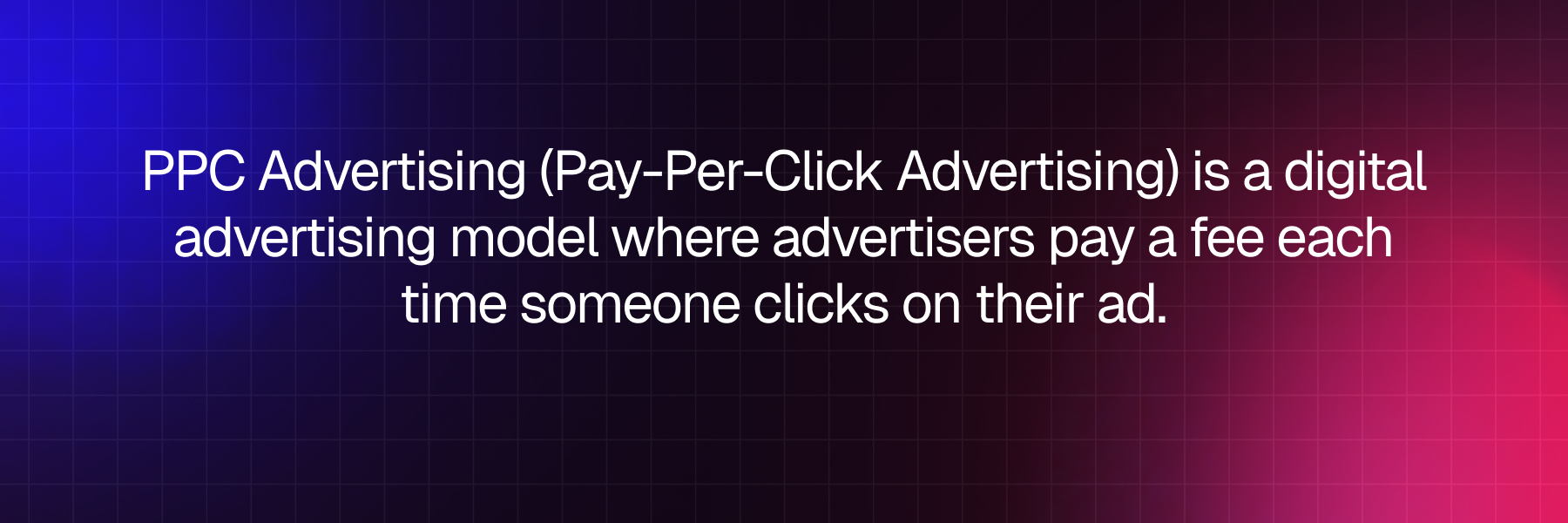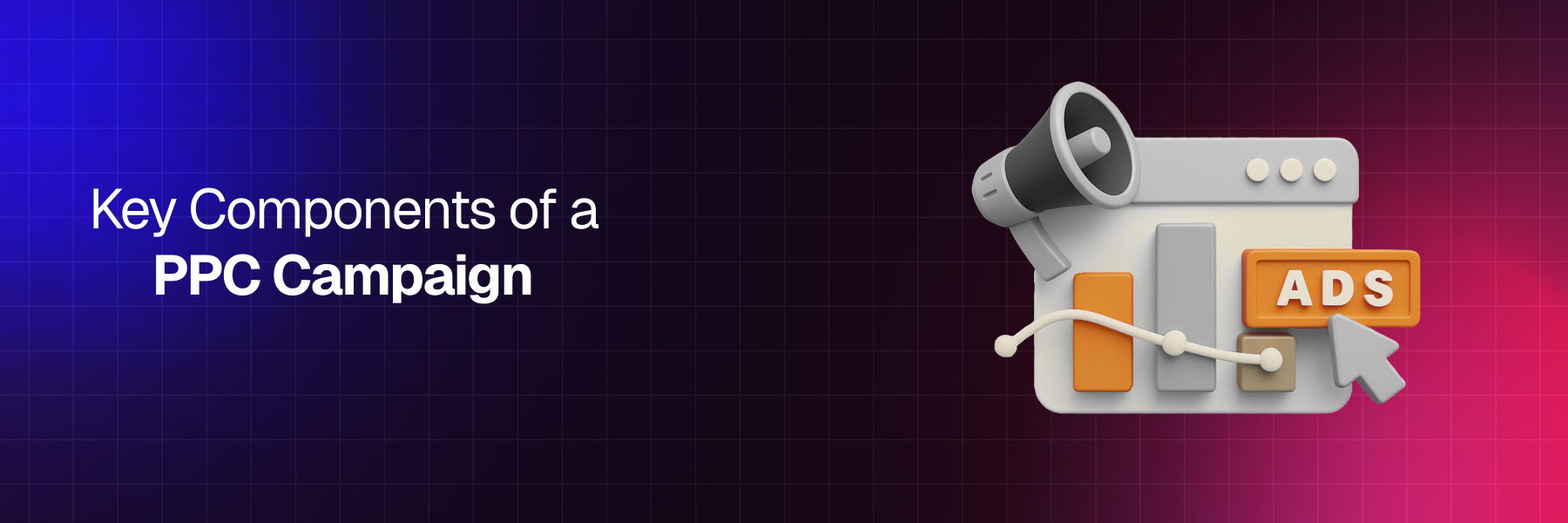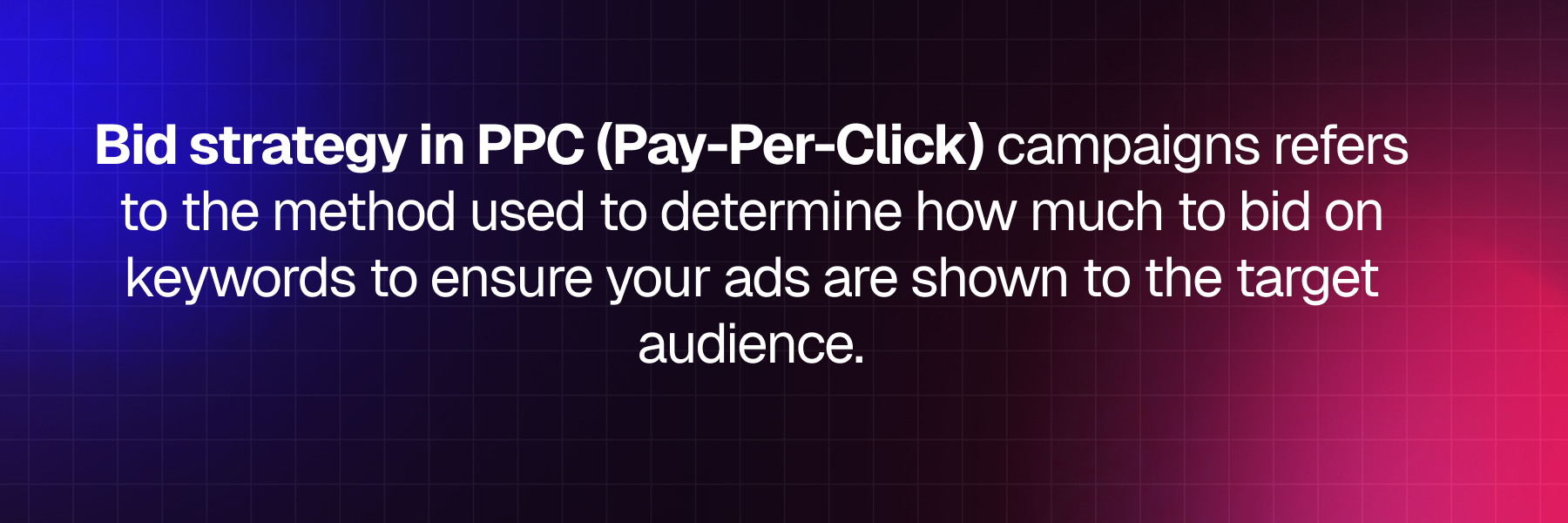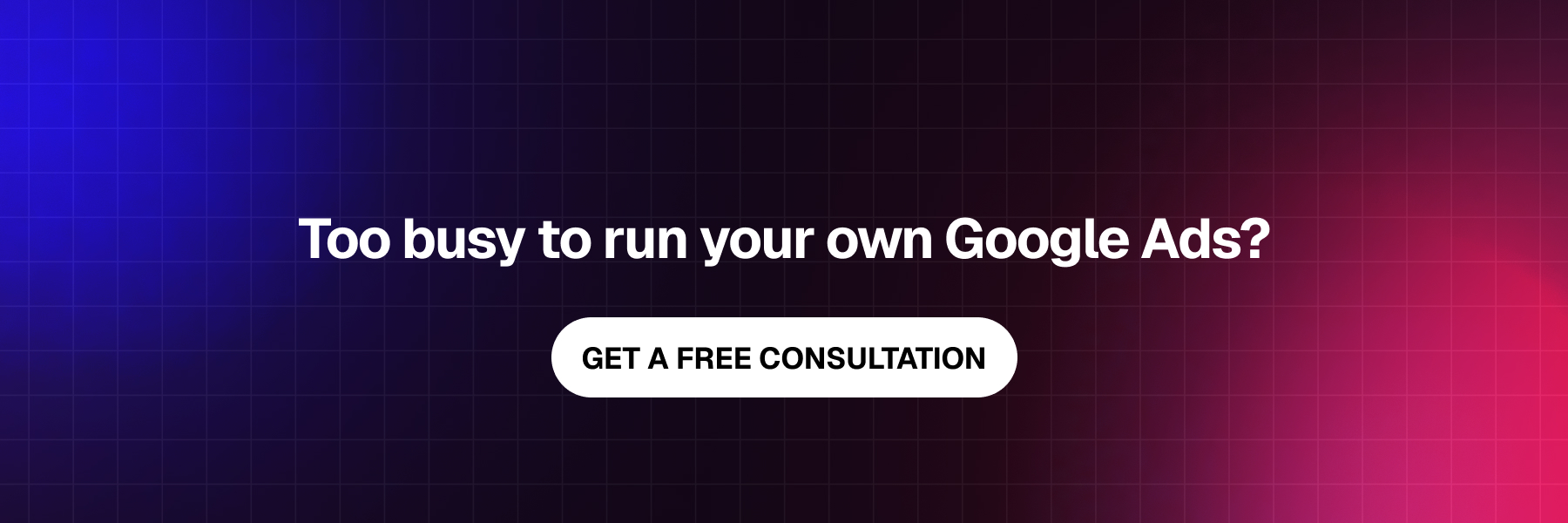Pay-Per-Click Advertising: Key Platforms, Mechanisms, Components
If you own a small business, pay-per-click (PPC) ads could help you get more leads and traffic. With PPC, you only pay when people click on targeted ads you create. Many owners think PPC is only for large companies, but in reality, PPC for small business can be even more effective.
Though powerful, PPC requires strategy. This guide breaks it down.
What is PPC Advertising?

You've probably noticed those sponsored ads that pop up at the top of Google searches or on social media feeds. Those are pay-per-click (PPC) ads - a form of online advertising where you pay each time someone clicks on your ad.
PPC is huge these days because it allows you to get your business in front of people actively searching for your products or services. Instead of hoping they stumble across your website, PPC puts you directly in their line of sight when they're ready to buy.
Key PPC Platforms
The biggest PPC platform is Google Ads, which lets you place text, image, video and other ad formats across Google's search engine, YouTube, and partner sites. You will learn more information about Google Ads via our Comprehensive Google Ads Module.
Facebook Ads is another major player for reaching social media users based on super-specific demographic and interest targeting.
Other notable platforms include Microsoft Advertising (Bing Ads), Amazon Advertising, and platforms focused on mobile, video or other ad types.
PPC takes some work to set up and optimize, but it can be a powerful way for small businesses to drive qualified leads and sales from digital advertising.
How PPC Works | PPC Bidding Process
Imagine you're at an auction, but instead of bidding on antique vases or vintage cars, you're bidding on keywords. That's the core idea behind PPC (pay-per-click) advertising. Whenever someone searches for a keyword related to your business, an auction takes place behind the scenes.
Quick Question: Running a small business? PPC for small business is a smart way to get in front of potential customers without waiting months for SEO results.
You set a maximum bid for how much you're willing to pay if someone clicks on your ad. The auction factors in your bid amount, the relevance of your ad, and your landing page quality to determine your ad rank and placement on the search results page.
Ad Auctions and Placements
The highest bidder doesn't always win the top ad spot. Ad platforms like Google Ads consider additional factors like your ad's quality score and expected click-through rate (CTR) to decide which ads get premium placements and visibility.
Recommendation: Read more about How Google Auction works.
Key Components of a PPC Campaign

Keyword Research
Your PPC campaigns rely on targeting the right keywords. Research keywords your audience uses to search for your products or services. Use tools like Google Keyword Planner to find relevant keywords with high search volume and low competition. The right keywords can drive qualified traffic and increase conversions.
Example: A home improvement company focusing on kitchen remodeling might target keywords like "kitchen remodeling services," "affordable kitchen remodel," and "kitchen renovation contractors."
Compelling Ad Copy
Your ad copy must grab attention and convey your message succinctly. Use strong headlines, highlight key benefits, and include a clear call-to-action (CTA). Testing different versions of your ad copy can help optimize performance.
Example: For a real estate agency:
Headline: "Find Your Dream Home Today"
Description: "Explore the best listings with top agents. Schedule a free consultation now"
Optimized Landing Pages
Where do your ads send visitors? Ensure your landing page matches the ad’s promise and provides a seamless user experience. It should have a clear next step for visitors, such as filling out a form, making a purchase, or contacting your business. An optimized landing page improves user engagement and conversion rates.
Example: A small local bakery running a PPC campaign for custom cakes might direct users to a landing page featuring images of their cakes, customer testimonials, and an easy-to-use order form.
Bid Strategies & Budgets: Understanding and Calculation
What is Bid Strategy?

Bid strategy in PPC (Pay-Per-Click) campaigns refers to the method used to determine how much to bid on keywords to ensure your ads are shown to the target audience. Different strategies align with various campaign goals such as maximizing clicks, conversions, or return on ad spend (ROAS).
Types of Bid Strategies:
Manual CPC (Cost-Per-Click): You set the maximum CPC bid for your ads. This gives you control over how much you pay per click.
Enhanced CPC: Adjusts your manual bids to help maximize conversions while trying to keep your cost-per-conversion within your budget.
Maximize Clicks: Automatically sets bids to get as many clicks as possible within your budget.
Target CPA (Cost Per Acquisition): Automatically sets bids to help get as many conversions as possible at the target cost per acquisition you set.
Target ROAS (Return on Ad Spend): Sets bids to maximize conversion value while trying to reach the return on ad spend target you set.
Maximize Conversions: Sets bids to help get the most conversions for your campaign while spending your budget.
Budget Setting:
Daily Budget: The average amount you're willing to spend per day on your campaign.
Monthly Budget: Calculated by multiplying your daily budget by the average number of days in a month.
It is important to monitor your campaigns regularly to see if adjustments are needed. If certain keywords perform better, you may increase bids to maximize visibility. Conversely, lower bids for underperforming keywords to optimize your spend.
Conclusion
So there you have it - a quick rundown of what PPC is all about and how the main platforms work. Start with small, controlled tests to identify what works best for your audience, and continuously refine your approach. By learning and adapting step-by-step, you can create targeted, cost-efficient ads that effectively reach and impress potential customers. When done right, PPC for small business can deliver quick wins and help validate your product or service.
Ready to continue your journey and become a PPC pro? Let's dive into the next module and take your skills to the next level!
Our Newsletter
Join our community and get the latest insights, tips, and exclusive content delivered right to your inbox.








